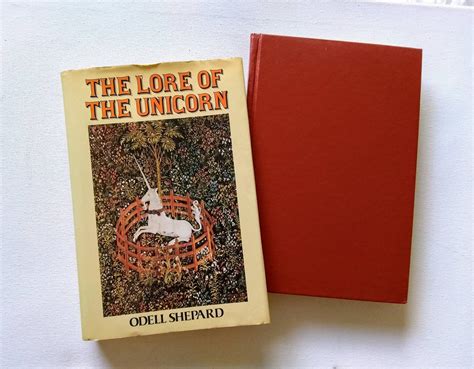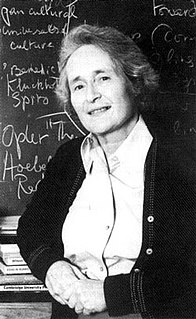A Quote by Charles Sanders Peirce
Generality is, indeed, an indispensable ingredient of reality; for mere individual existence or actuality without any regularity whatever is a nullity. Chaos is pure nothing.
Related Quotes
Real danger is nothing more than just living. Of course, living is merely the chaos of existence, but more than that it's a crazy mixed-up business of dismantling existence instant by instant to the point where the original chaos is restored, and taking strength from the uncertainty and the fear that chaos brings to re-create existence instant by instant. You won't find another job as dangerous as that. There isn't any fear in existence itself, or any uncertainty, but living creates it.
There are two principles inherent in the very nature of things, recurring in some particular embodiments whatever field we explore - the spirit of change, and the spirit of conservation. There can be nothing real without both. Mere change without conservation is a passage from nothing to nothing. . . . Mere conservation without change cannot conserve. For after all, there is a flux of circumstance, and the freshness of being evaporates under mere repetition.
What is 'grace'? It is God's own life, shared by us. God's life is love. Deus caritas est. By grace we are able to share in the infinitely selfless love of Him Who is such pure actuality that He needs nothing and therefore cannot conceivably exploit anything for selfish ends. Indeed, outside of Him there is nothing, and whatever exists exists by His free gift of its being, so that one of the notions that is absolutely contradictory to the perfection of God is selfishness.
The vanity of existence is revealed in the whole form existence assumes: in the infiniteness of time and space contrasted with the finiteness of the individual in both; in the fleeting present as the sole form in which actuality exists; in the contingency and relativity of all things; in continual becoming without being; in continual desire without satisfaction; in the continual frustration of striving of which life consists. . . Time is that by virtue of which everything becomes nothingness in our hands and loses all real value.
The satisfaction of physical needs is indeed the indispensable pre-condition of a satisfactory existence, but in itself it is not enough. In order to be content, men must also have the possibility of developing their intellectual and artistic powers to whatever extent accords with their personal characteristics and abilities.
The universe bursts into existence from life, not the other way around as we have been taught. For each life there is a universe, its own universe. We generate spheres of reality, individual bubbles of existence. Our planet is comprised of billions of spheres of reality, generated by each individual human and perhaps even by each animal.
No other technique for the conduct of life attaches the individual so firmly to reality as laying emphasis on work; for his work at least gives him a secure place in a portion of reality, in the human community. The possibility it offers of displacing a large amount of libidinal components, whether narcissistic, aggressive or even erotic, on to professional work and on to the human relations connected with it lends it a value by no means second to what it enjoys as something indispensable to the preservation and justification of existence in society.
What is wanted - whether this is admitted or not - is nothing less than a fundamental remolding, indeed weakening and abolition of the individual: one never tires of enumerating and indicating all that is evil and inimical, prodigal, costly, extravagant in the form individual existence has assumed hitherto, one hopes to manage more cheaply, more safely, more equitably, more uniformly if there exist only large bodies and their members.





































